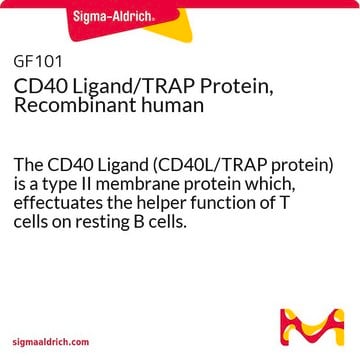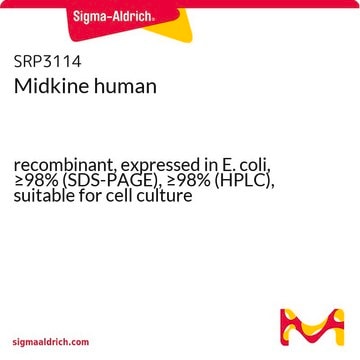Key Documents
M3074
MMPIP
≥98% (HPLC)
Synonim(y):
6-(4-Methoxyphenyl)-5-methyl-3-(4-pyridinyl)-isoxazolo[ 4,5-c]pyridin-4(5H)-one
About This Item
Polecane produkty
Próba
≥98% (HPLC)
Postać
powder
warunki przechowywania
desiccated
kolor
white to off-white
rozpuszczalność
DMSO: ≥10 mg/mL
inicjator
Merck & Co., Inc., Kenilworth, NJ, U.S.
temp. przechowywania
room temp
ciąg SMILES
COc1ccc(cc1)C2=Cc3onc(-c4ccncc4)c3C(=O)N2C
InChI
1S/C19H15N3O3/c1-22-15(12-3-5-14(24-2)6-4-12)11-16-17(19(22)23)18(21-25-16)13-7-9-20-10-8-13/h3-11H,1-2H3
Klucz InChI
PDWYBOZNEVALOV-UHFFFAOYSA-N
Działania biochem./fizjol.
Cechy i korzyści
Kod klasy składowania
11 - Combustible Solids
Klasa zagrożenia wodnego (WGK)
WGK 3
Temperatura zapłonu (°F)
Not applicable
Temperatura zapłonu (°C)
Not applicable
Certyfikaty analizy (CoA)
Poszukaj Certyfikaty analizy (CoA), wpisując numer partii/serii produktów. Numery serii i partii można znaleźć na etykiecie produktu po słowach „seria” lub „partia”.
Masz już ten produkt?
Dokumenty związane z niedawno zakupionymi produktami zostały zamieszczone w Bibliotece dokumentów.
Produkty
Sigma-Aldrich offers many products related to G-protein family glutamate receptors for your research needs.
DISCOVER Bioactive Small Molecules for Neuroscience
Nasz zespół naukowców ma doświadczenie we wszystkich obszarach badań, w tym w naukach przyrodniczych, materiałoznawstwie, syntezie chemicznej, chromatografii, analityce i wielu innych dziedzinach.
Skontaktuj się z zespołem ds. pomocy technicznej







